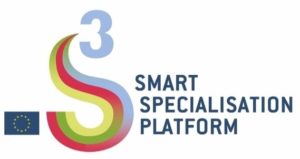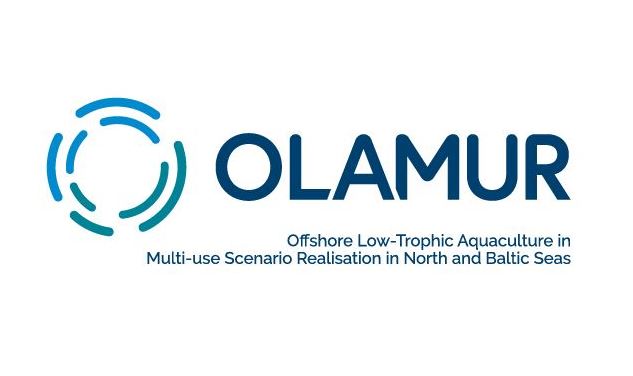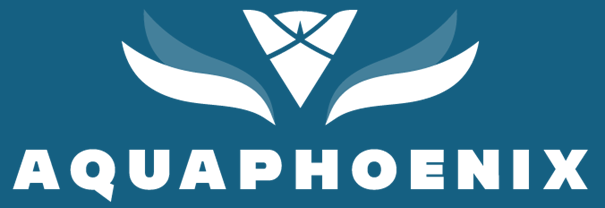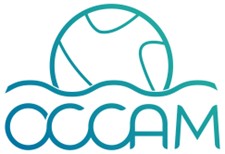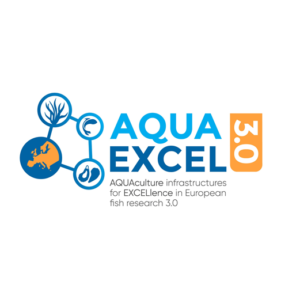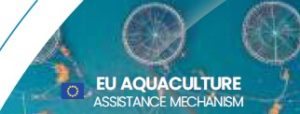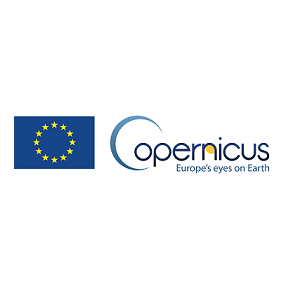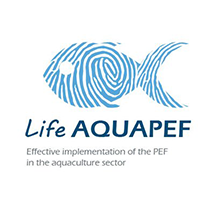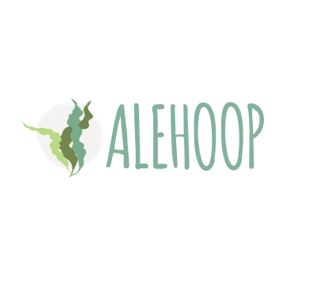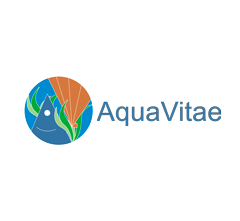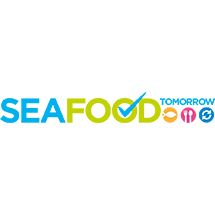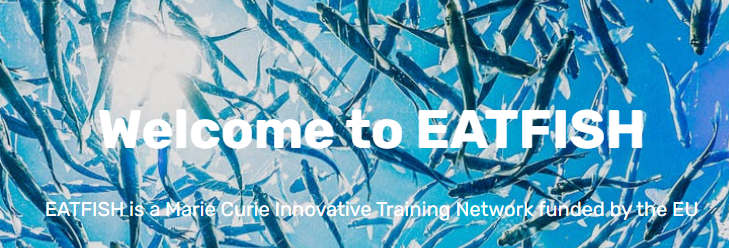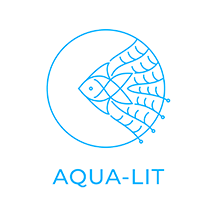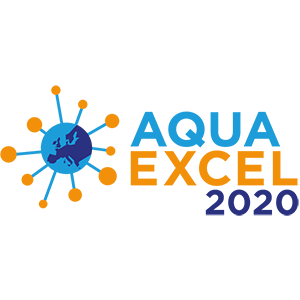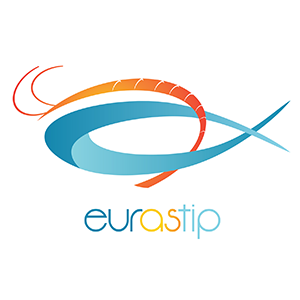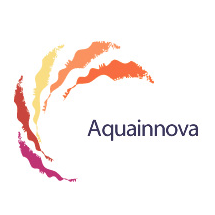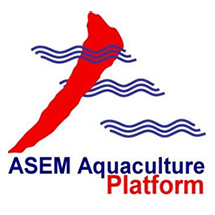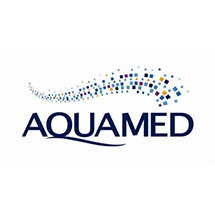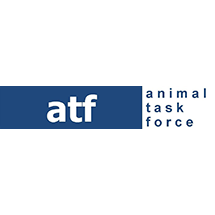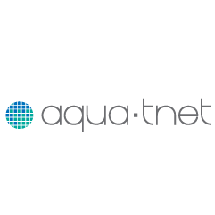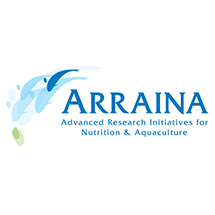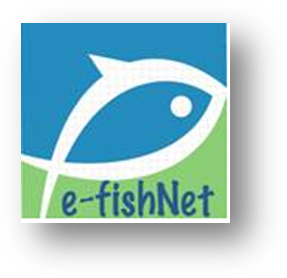EATIP ENGAGEMENT
EATiP is a natural partner in collaborative European research, innovation or support actions, as contributor to the “Multi-actor approach”. It links the project strategy and impact plan to the challenges and research needs identified in the EATiP Strategic Research and Innovation Agenda. It also contributes to projects by involving its members and Mirror Platforms in multi-stakeholder workshops, hands-on training courses, stakeholder consultations or alike, and by identifying potential end users of project results. Finally, EATiP contributes in outreach and networking activities.
EATIP current involvement as project partner:
EATIP previous involvement as Advisory Group member or contributor:
EATIP has been involved in a range of different activities, many of which target improved governance and direction for RTDI actions in Europe.
Some of these activities are more horizontal and policy-oriented, such as participation as an observer in the SCAR ![]()
Here are the the previous projects EATIP was involved in:

